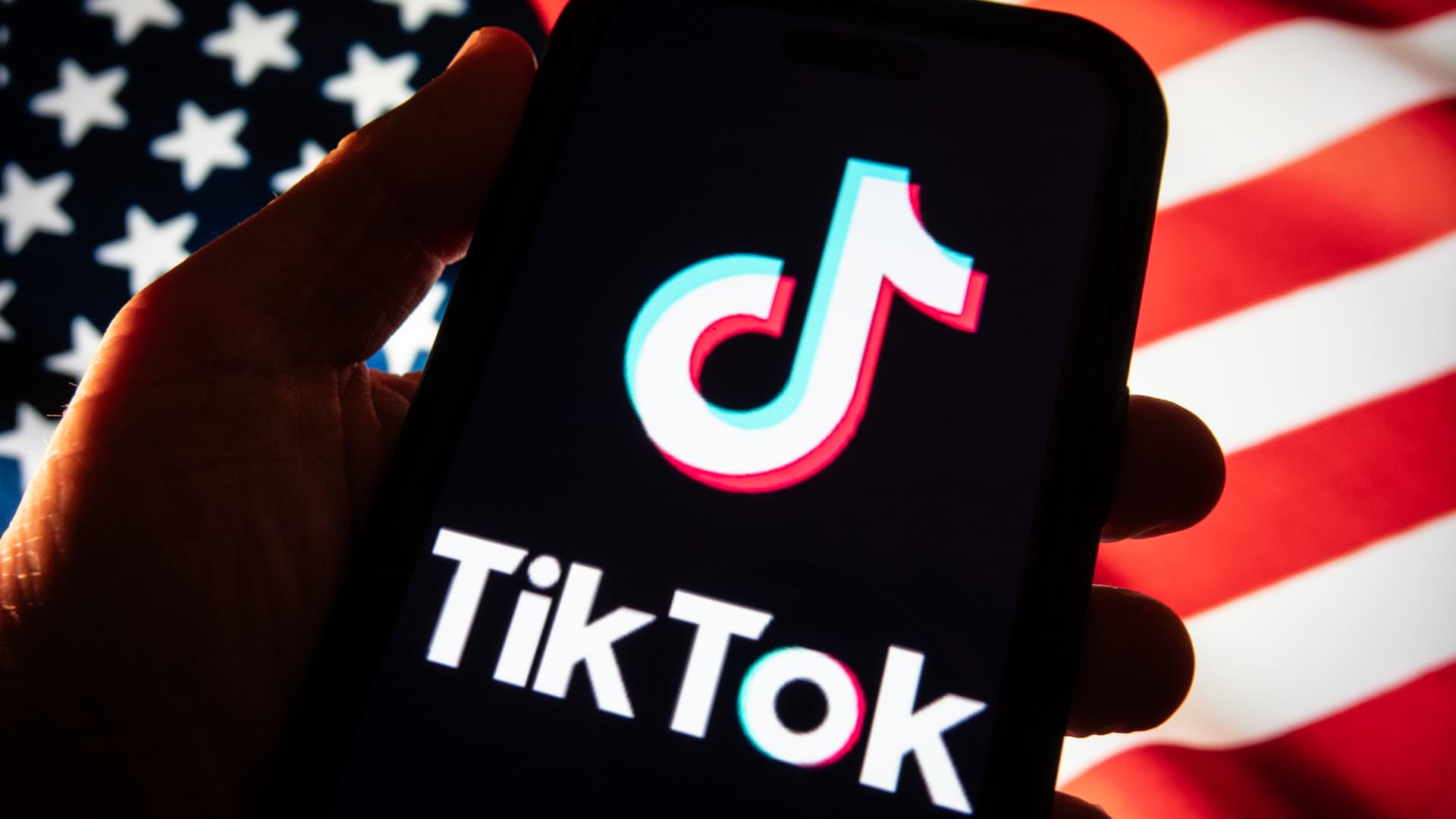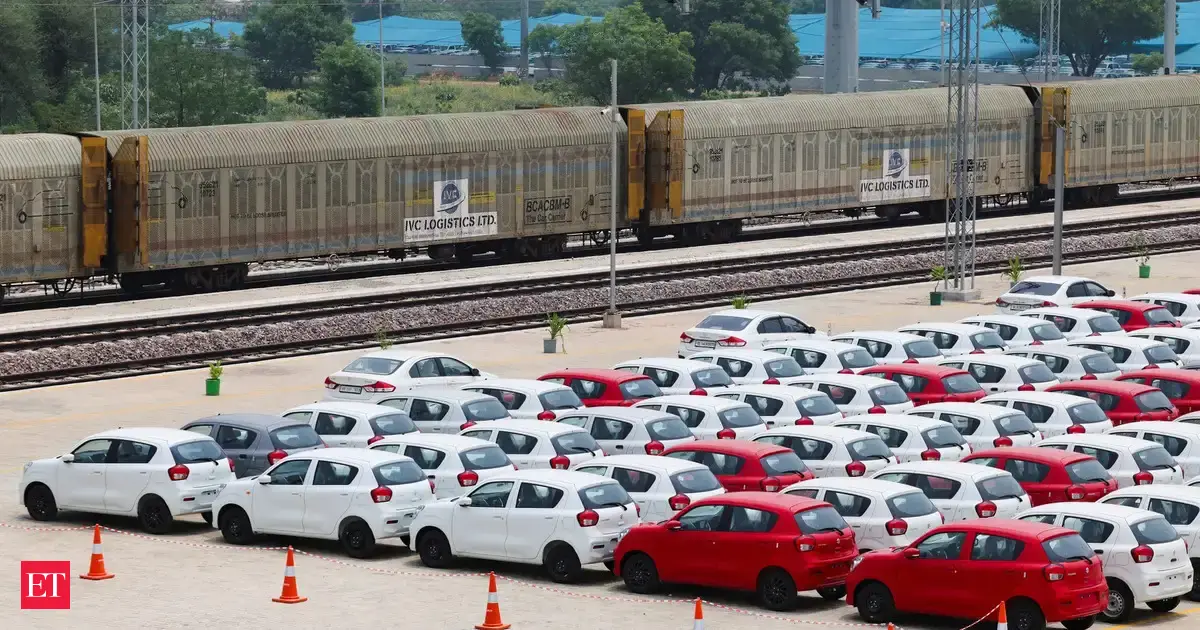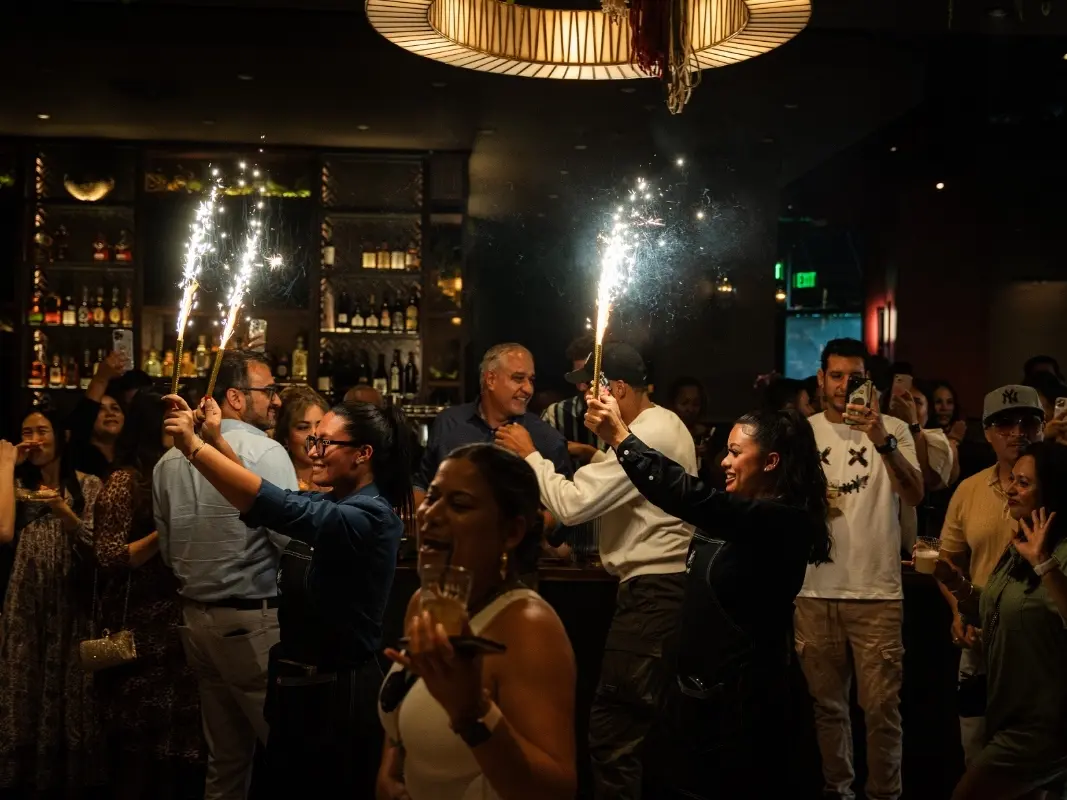
Many in business circles were hoping for a sweeping U.S.-China trade deal, but an agreement now looks even more elusive.
The fate of TikTok in the U.S. overshadowed the latest round of trade talks, to the point that it’s now unclear whether both sides are on the same page about what the app’s divestiture from Beijing-based parent ByteDance should look like.
Meanwhile, on issues like tariffs, fentanyl and semiconductors, even less has been said by either side.
The distance is already visible. China has been silent on future meetings, even as U.S. President Donald Trump announced he and Chinese President Xi Jinping “agreed” to meet at the Asia-Pacific Economic Cooperation (APEC) summit in South Korea next month.
The lack of details in the Chinese side’s statement “suggests that China is taking time to negotiate when U.S. is keen to have deals,” said Winston Ma, adjunct professor at NYU School of Law, pointing out that Beijing “said nothing about [an] APEC meeting.”
And then there’s China’s vague commitments to a tech licensing deal to keep TikTok alive in the U.S. — what Beijing calls a “solution that complies with China’s laws and regulations.”
That contrasts with the constant flow of details from the U.S., now covering everything from investors to board seats. A Politico report, citing an unnamed senior White House official, even claimed that the Trump administration is “100% confident” of a deal forcing Beijing-based ByteDance to spin off TikTok’s U.S. operations.
Trump, however, may have preempted China’s coolness, saying in a Truth Social post Friday that he “appreciate[s] the TikTok approval” after his call with Xi, even as Beijing kept its language vague.
China, meanwhile, has paired that coolness with a media blitz around its latest talks with the U.S. in Madrid, aiming to project confidence as a tech power following a showcase of new weapons at the Sept. 3 military parade.
Context is everything
In the runup to the Madrid talks held earlier this month, Beijing announced new probes into U.S. chips — and, as the negotiations wrapped up on Monday, called out Nvidia for alleged monopolistic practices. The next evening, the official evening news broadcast — closely watched by officials and anyone trying to read the tea leaves on Beijing — included a segment highlighting China’s own semiconductors.
A day before the Trump-Xi call, Chinese tech giant Huawei also claimed its upcoming chip cluster would be more powerful than Nvidia’s.
All these news items may appear to be separate events. But in China, where ceremonial timing matters, little happens in a vacuum — any action from a parade to chosen silence is calculated, often tapping into a political context that may appear unrelated to outsiders.
Notably, the latest debate over TikTok coincided with China’s national cybersecurity week, held on Sept 15-21. In past years, the event has served as a platform for Beijing to promote its national security agenda.
“Honestly, I really don’t see why the Chinese side would have any interest at all in divesting the … U.S. TikTok,” said Blueshirt Group Managing Director Gary Dvorchak, whose work on Chinese listings in the U.S. has taken him between both countries.
“What’s their gain from it? They’re losing control of one of the crown jewels of China’s technology,” he said, pointing out that the U.S. would disagree if China wanted America to sell part of Google or Facebook. “So why would they do something that we would never do?”
Despite the standoff over TikTok, China hosted a bipartisan delegation of U.S. House Representatives this week, who arrived the weekend after the latest Trump-Xi phone call. It was the first such visit since 2019.
U.S. representative Adam Smith, who led the trip, told reporters Tuesday that in meetings with Chinese leaders, the two sides discussed TikTok as an issue to be resolved, but did not get into technical details.
“I think there’s going to be a lot of maybe positive noises” about TikTok, Dvorchak said, “but then in the end, at the last minute, it’s always going to fall apart.”
That said, the TikTok battle has become part of a larger game of political theatre. Beijing never confirmed Trump’s announcement early last week that he would speak with Xi — until state media announced on Friday that the two leaders were speaking.
But the more elaborate the posturing by both sides, the more difficult it is to achieve a deal with optics that satisfies both sides.



